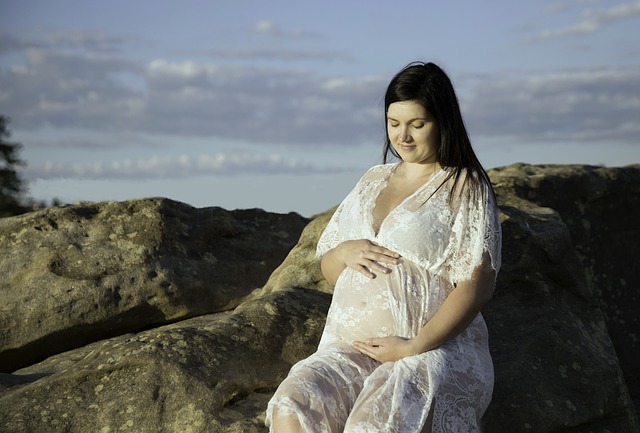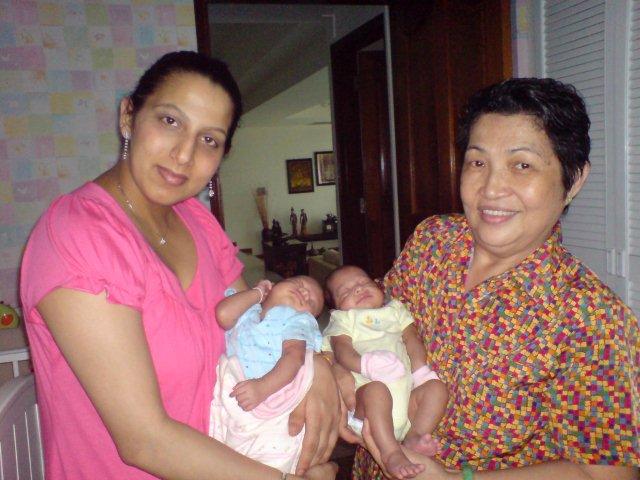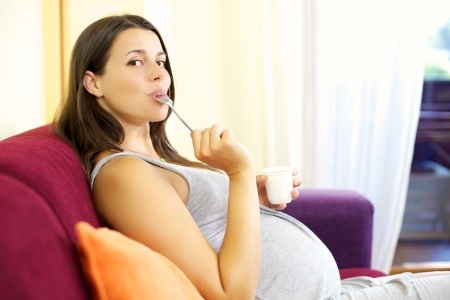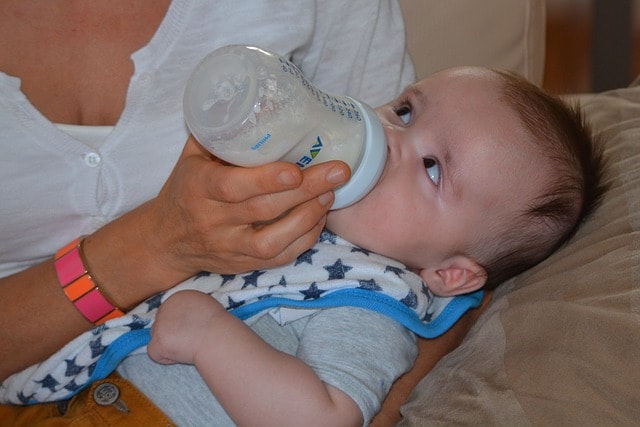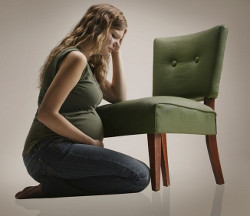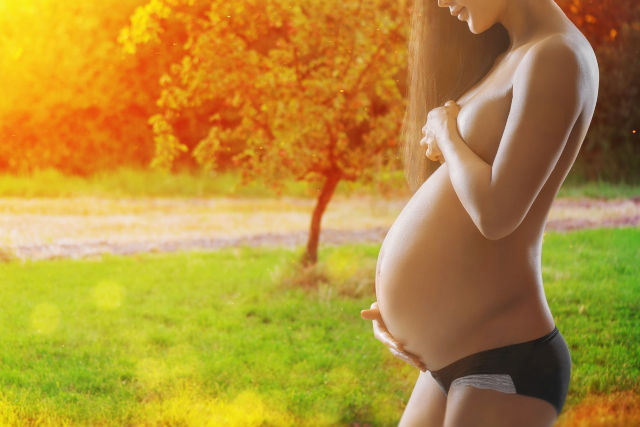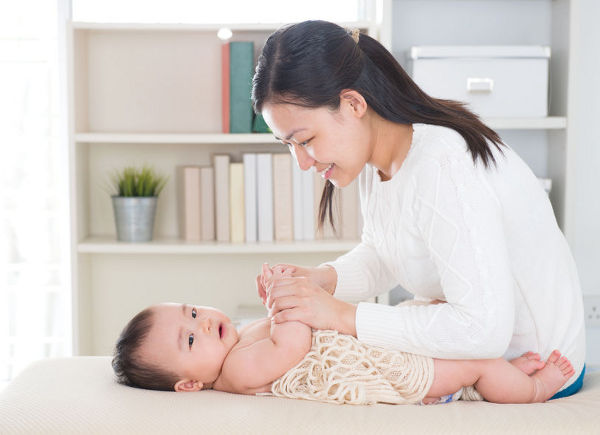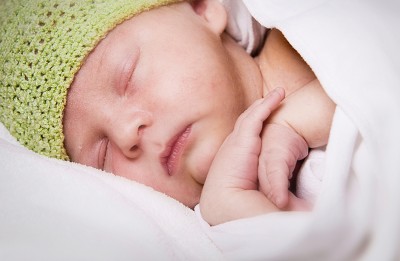Hormonal changes during pregnancy can weaken your immune system and thus make it harder to fight infections. Food can be a significant source of infection so it’s important to take extra steps while you’re pregnant to protect you and your baby from food poisoning. Here are some tips on what not to eat while pregnant.
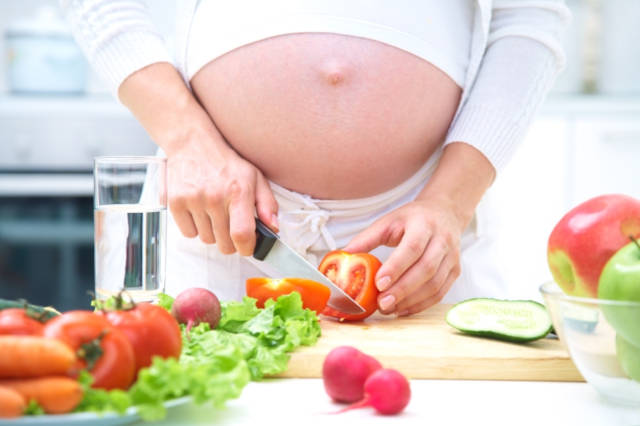
Risky foods
Listeriosis: Listeria is a bug that can lead to miscarriage or severe illness in a new-born. It can grow at refrigerated temperatures and has been known to survive pasteurisation. Listeriosis is very rare but it is best to be cautious and avoid the following:
- Pate and ready-to-eat cold meats
- Deli or ready-made salads
- Unpasteurised dairy products
- Soft serve icecream or yoghurt and thick shakes
- Blue vein cheese
- Mould ripened cheese
- Raw or smoked seafood
- Uncooked or undercooked ready meals
➡️ Related Read: Why Do Miscarriages Happen?
Salmonella poisoning: You can get salmonella poisoning by eating food contaminated with the salmonella bacteria, often caused by improper food handling. Try to follow good food hygiene practices (see below) and avoid:
- undercooked poultry
- raw eggs and eggs made with runny yolk
- homemade foods containing raw eggs, such as mayonnaise
Toxoplasmosis: This disease is caused by a bug found in raw meat and cat faeces and can harm an unborn baby. Avoid:
- Undercooked meat and poultry
- Unpasteurised goats’, sheep’s and cow’s milk
- Unwashed fruit and vegetables
Food Hygiene
Try to maintain good food hygiene practices while you are pregnant to further reduce your risk of food-related infection.
- Choose freshly cooked and freshly prepared food
- Thaw food in the fridge or defrost food in the microwave
- Cool left-over food in the fridge rather than on the bench
- Wash your hands, chopping boards and knives well after handling raw foods
- Make sure hot foods are hot (above 60 degrees Celsius) and cold foods are cold (below 5 degrees Celsius), both at home and when eating out
- Make sure all food is fresh and used within the use-by date
- Eat leftovers within 24 hours and reheat foods to steaming hot (above 74°C for over 2 minutes). Only reheat food once
- Cook all meat, chicken, fish, and eggs thoroughly
- Never re-freeze food once it has been thawed. Always check in the supermarket if your meat or chicken has been frozen – if so, it should not be frozen again
By Vanessa McNamara, The Travelling Dietitian.
A dietitian who graduated with a Masters in Nutrition and Dietetics in Sydney in 2000, Vanessa has lived and worked in Australia, the UK, India and now Singapore, where she currently resides with her husband. Passionate about both food and travel, she helps people to improve their lifestyle in a practical way whilst focusing on increasing their enjoyment of delicious, healthy food.
If you find this article useful, do click Like and Share at the bottom of the post, thank you.
Want to be heard 👂 and seen 👀 by over 100,000 parents in Singapore? We can help! Leave your contact here and we’ll be in touch.






































